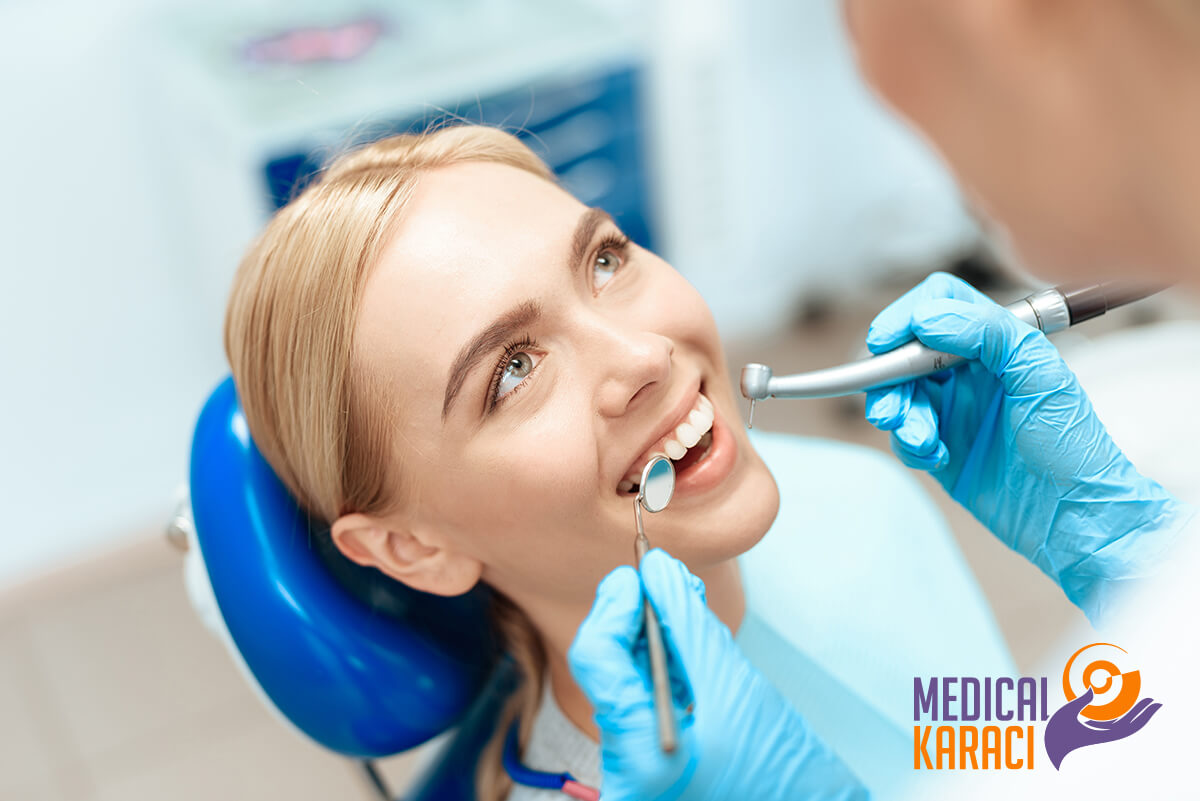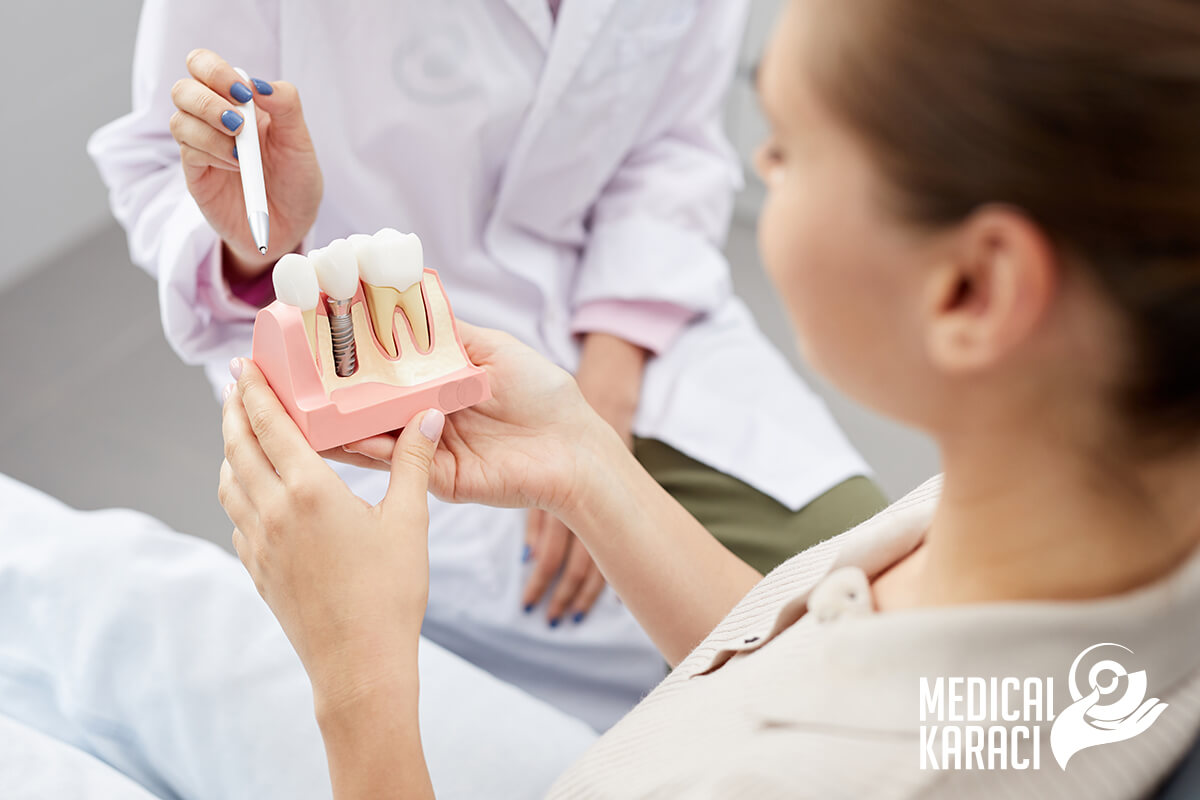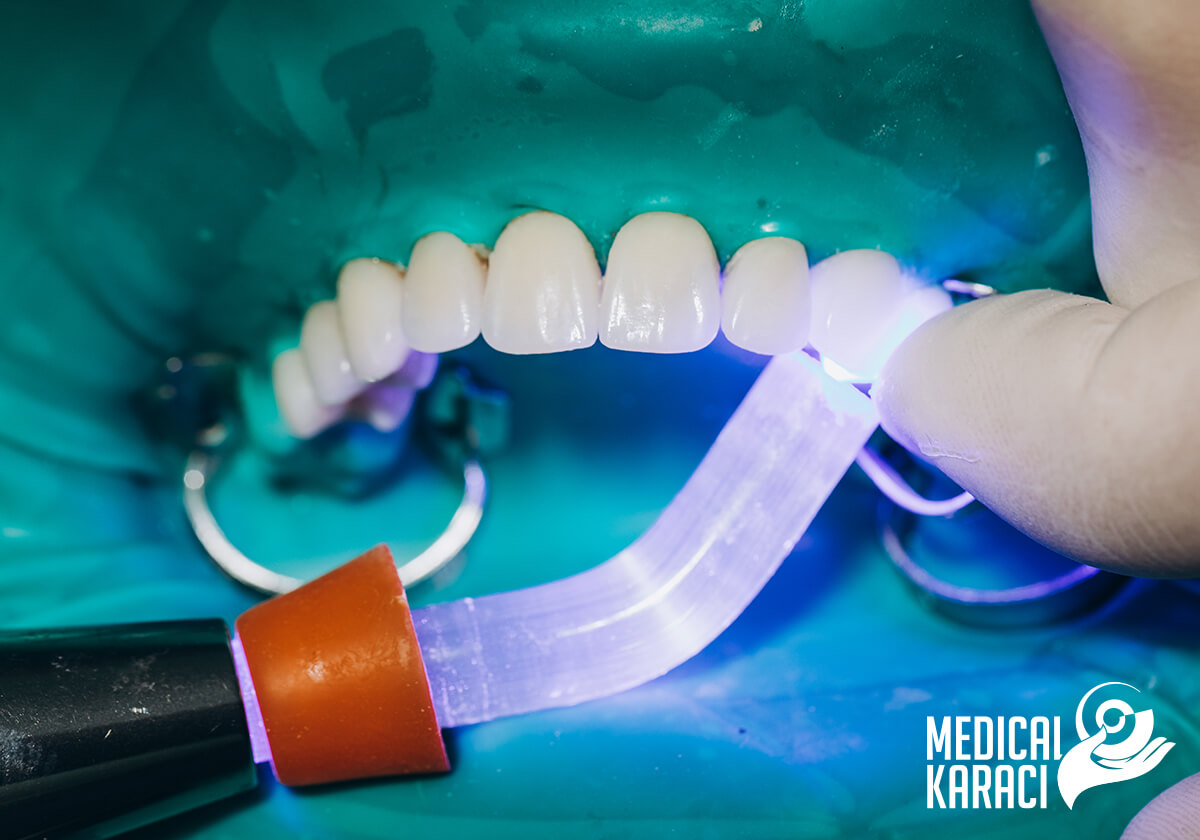Dentistry is a field that takes care of your ideal smile.
This of course is the more optimistic side of things. In reality, dentistry also deals with a number of other procedures that don't just affect the cosmetic side of things, but also more serious issues.
You may need a dental professional for many reasons - tooth decay, root canal treatment, dental implants, veneers, dentures, crowns and bridges.
Modern dentistry is developing dynamically. More and more new methods exist to improve the appearance of our smile and correct problems with our teeth.
We will cover some of the more basic dental procedures and offer information in accessible language.
First of all, it is important to focus on the prevention and prevention of our teeth.
From a very young age, we try to teach the little ones to be persistent and committed when brushing their milk teeth. Naturally - it all starts from the family environment. And if we set a good example for our children, it will certainly be a good investment in the health of the child's smile.
The same is true for us adults. It is important to maintain excellent oral hygiene. Some good dental clinics even offer to conduct detailed instruction on proper oral hygiene maintenance.
Prevention
Even when the typical first signs of a problem are absent, we should not forget that it is important to have regular preventive dental check-ups. Twice a year is normal to visit a dentist to check our condition. But if we feel that a tooth is painful and reacts to hot or cold - this is a sure sign that we probably have tooth decay. Any tooth decay is a potential danger and can develop into a more serious problem if we don't seek dental help on time.
Inflammation for the gums
Gingivitis is a problem that can have a variety of etiologies. It can be both poor oral hygiene and, for example, lowered immunity, which can lead to external manifestation - bleeding or inflammation of the gums.
Orthodontic treatment:
Orthodontics is a branch of dentistry that deals with the diagnosis, prevention and treatment of dental problems. In particular, orthodontic treatment aims to correct the position of the teeth and improve the bite.
Recently, adults are also opting for the services of an orthodontist, although the wider prevalence of this type of treatment is among children and adolescents.
To achieve perfectly aligned teeth and a charming smile, the specialist will recommend the use of braces, individual braces or so-called aligners - transparent braces.
In orthodontic treatment, patients need to be patient and persistent, as orthodontic methods are not radical, but the treatment period is longer. This period can be from several months to several years.
The specialist will be able to give an estimate of how long the treatment will need to continue by assessing the patient's condition and seeing imaging.
Of course, the condition will be monitored periodically to assess the improvement of the teeth.
Even after obtaining an excellent result, once the braces are removed, patients wear a so-called retainer. A retainer can be described as a specific "appliance" whose purpose is to preserve the results already achieved. This we can say will be the final straight before the goal is achieved.
Teeth whitening. Methods.
We can now discover dozens of new methods in teeth whitening.
Home teeth whitening - here you can usually buy a special kit for home use. You will be given detailed instructions for use and some prescriptions and tips will be provided.
Teeth whitening with laser. This procedure takes about 45 minutes.
The two methods can be combined for even better results.
It is good to avoid the consumption of caffeinated drinks, red wine, smoking.
Dental implants
A dental implant is a structure that can replace a missing tooth.
A specialist surgeon places the implant in the jawbone. This can be said to be the first stage of the actual application of the dental implant.
Then, the so-called abutment is placed. The abutment is the part that makes the connection between the implant and the crown.
The crown is located at the top (implant - abutment - crown). It is custom-made to match the patient's individual characteristics. The crown can be made of metal - ceramic or zirconium. When custom made, it will match the natural color of the patient's teeth, and the feel and functionality will be as with natural teeth.
It takes about 6 months for the dental implant to integrate into the bone. After that, the procedure proceeds to the placement of the crown.
There are a variety of brands of implants.
What are the advantages that implants provide over dentures:
- more natural and comfortable are
- improve chewing function
- higher success rate
- lead to a lower risk of tooth decay in nearby teeth
- it is not necessary to remove and clean them every night
While they are a more innovative option, dental implants are not right for everyone. Implant devices must bond to the jawbone, so a person's bones must be healthy before they can undergo implantation.
Risks and contraindications:
Here are some groups of patients who are unsuitable for implants:
- Patients who are active smokers
- Patients with HIV, diabetes, osteoporosis, Spin
- Patients with behavioural or psychological disorders
Maintenance:
Once a patient has undergone dental implant surgery, regular dental care should continue. Daily tooth brushing remains an integral part of subsequent oral hygiene maintenance.
Facets
Dental veneers are extremely fine surfaces, made to order. They can improve the appearance of your smile by concealing chipped, uneven teeth, discoloration on the tooth surface, missing pieces, spacing between teeth, and more.
Veneers are a permanent solution and once installed, they are not removed.
The specialist removes a very small amount of enamel from the natural teeth, then places the veneers. A few days are enough to complete the whole process
Dentures
Dentures are artificial teeth that can be applied to patients with missing teeth,
There are several types of dentures:
Complete or partial:
- Partial dentures replace areas where teeth are missing
- Complete or total dentures are applied when all teeth are missing from the lower or upper jaw (or both jaws)
Dentures are a solution for many people, as missing teeth cause a number of inconveniences related to partial or complete facial deformities, sunken cheeks and other visible changes.
Speech difficulties also occur, which can be corrected using dentures.
Finally, remember:
Your health is in your hands!
Спазвайте добра устна хигиена, посещавайте на време Вашия стоматолог и не пропускайте да се усмихвате по-често![/vc_column_text][vc_empty_space height=“20″][vc_column_text]












